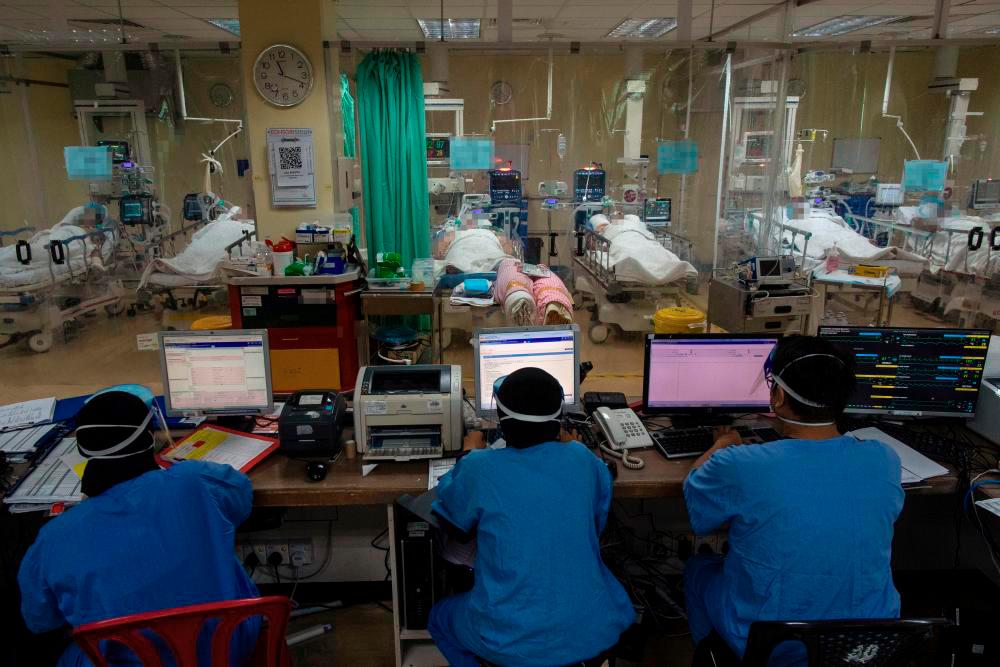THE Malaysian Health Coalition (MHC) and the Malaysian Society of Geriatric Medicine (MSGM) jointly calls for urgent action to support the wellbeing of persons with dementia and also those caring for persons with dementia. The recent news that our former prime minister Tun Abdullah Ahmad Badawi has dementia is a reminder that dementia can affect anyone and has many long-term effects.
Therefore, we urge the following:
1. Complete, implement National Dementia Action Plan 2020-2030
According to the Alzheimer’s Disease Foundation Malaysia’s estimates, over 200,000 Malaysians may suffer from dementia by 2030, with a 312% increase projected by 2050. With only three years left to achieve the World Health Organisation’s Global plan, we urge the government to complete the National Dementia Action Plan (NDAP), started in 2019 but was hampered by Covid-19. We expect the NDAP to enable inclusive policies and initiatives that address our multireligious societal demands by emphasising respect, dignity, autonomy and independence of people living with dementia, as well as affordable social care. Countries such as Singapore and Japan have their own national plans and it is time to build ours. The NADP must involve key stakeholders to promote awareness, education, treatment and geriatric care as well as measures to eradicate the stigma on dementia.
2. Expand workforce to meet needs of people with dementia
The care for dementia is complex and covers care at home, in the community and in hospitals. This demands multidisciplinary input from geriatricians, geriatric psychiatrists, allied health professionals and trained carers, among others. In the 2019 MSGM report, we found that there were only 40 practising geriatricians in Malaysia (0.19 per 10,000 people), far behind the global target of 0.85 per 10,000 people. In addition, there were fewer than 10 geriatric psychiatrists in Malaysia. We urge the government to begin efforts to build capacity and expand the workforce, beginning with a comprehensive mapping of workforce numbers and services provided by both the public and private sectors across Malaysia. The suggestions outlined in the 2019 MGSM report should be considered. Importantly, funding should be ring-fenced to develop and provide access to specialist dementia services.
3. Strengthen legal frameworks to protect their rights
As the National Dementia Plan takes shape, current legal frameworks in Malaysia need to be strengthened to support and complement the plan. Currently, the Mental Health Act 2001 and Mental Health Regulations 2010 govern the admission and treatment of patients deemed to have mental disorders, which includes dementia. However, a 2019 paper by (Rajalinggam) Rajamanickam and colleagues highlights the inadequacy of existing laws to address the wider problems associated with dementia, such as decisions around finances and medical decisions. To truly align dementia care with the principles of autonomy, dignity and independence, we urge key stakeholders to strengthen our existing legal frameworks to facilitate advanced decision-making. We urge strong steps to prepare the government and the public at large on the potential consequences of being an ageing nation. Dementia should no longer be seen as part of ageing, but a medical condition needing specialised, high-quality, affordable and above all, humane care.
Malaysian Health Coalition and Malaysian Society of Geriatric Medicine (Full signature list on myhealthcoalition.org)









